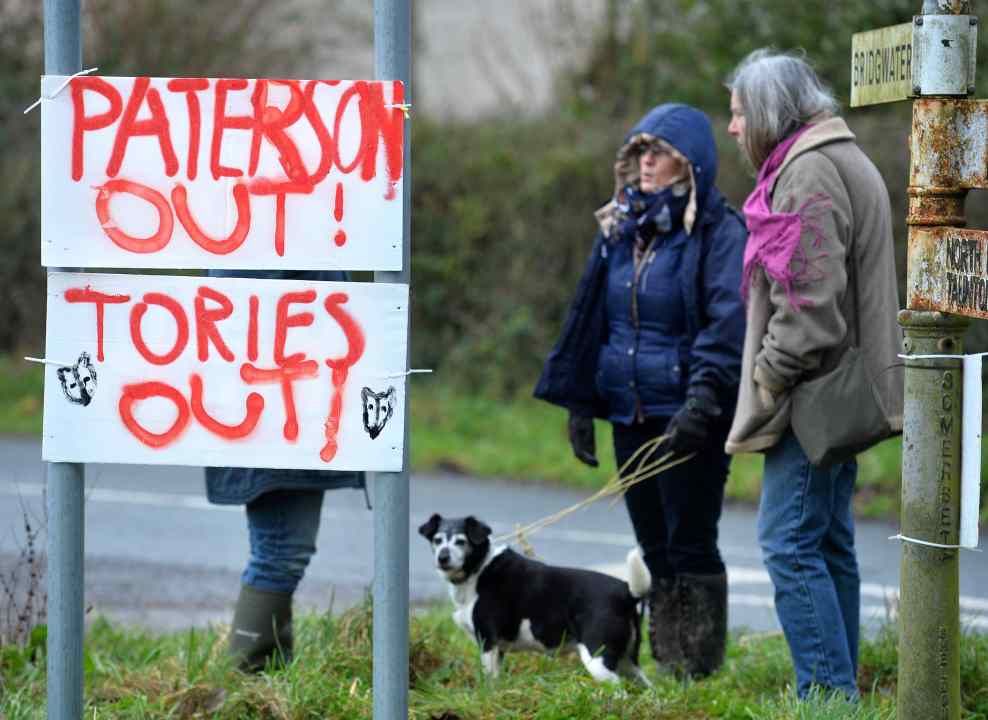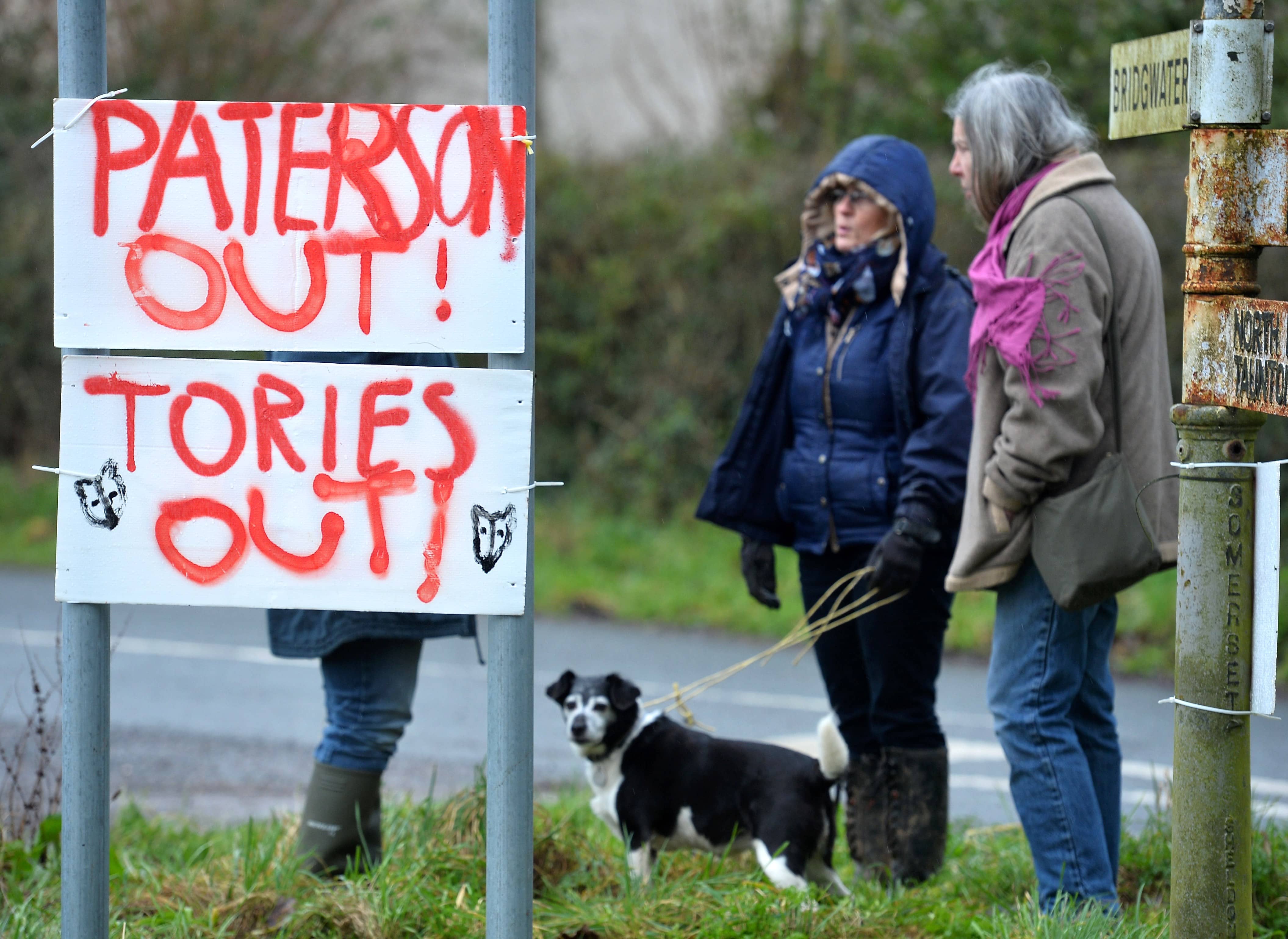It’s been a dizzying 24 hours for Angela Richardson, who was last night sacked as a junior ministerial aide to Michael Gove, only to get the job back this morning. The reason for this whirlwind? Richardson broke the Tory whip last night by abstaining on the government’s plan to tear up the standards committee regime and put Owen Paterson’s suspension on hold. She said at the time that it was a ‘matter of principle’ for her — but with the U-turn from the government this morning, she found that she was once again on the right side of policy.
Tory MPs stopped bothering to defend new policies to their constituents
Things have worked out OK in the end for Richardson, but less so for her colleagues who obeyed instructions and voted for the change. They now find themselves on the receiving end of public anger about Tory MPs wanting to mark their own homework and humiliated that they voted for — and in some cases publicly defended — something ministers then swiftly ditched. The trouble is that not only does this make the Labour attack line about Tory sleaze much more salient, it also means that Conservative MPs are less likely to think it worthwhile to defend the government on its next unpopular position.
This is, after all, just the latest U-turn on a controversial issue. Last week it was the sewage row, in which Tory MPs were told to defend the government line using made-up figures before ministers folded. They’ve had to take flak on Universal Credit and on school meals for poor children. We only need to look back ten years to see what happens next: when the Cameron government executed a series of very clumsy U-turns over privatising the forests and other controversial plans, Tory MPs stopped bothering to defend new policies to their constituents, fearing that their letters would still be in the postman’s van when the government changed tack once again.
I was recently talking to one MP who was caught out by a previous change of heart. They were still defending the previous policy as the government U-turned. At the time, they’d seen their career trajectory as heading towards the ministerial ladder. They were so humiliated by the way they’d done their party’s bidding that they’ve now gone on to being a regular rebel.
This isn’t just an administrative concern for MPs about letter-writing, though. One of the questions many in Westminster have been asking over the past year and a bit is why the numerous Tory sleaze stories haven’t had the sort of cut-through that similar rows and revelations had in the John Major years. The answer is possibly that those sleaze stories of the 1990s accompanied a general impression of a clapped-out government that was struggling to stay competent. Boris Johnson’s government isn’t there yet: it hasn’t introduced a ‘cones hotline’ equivalent policy, for instance. But it’s not far off, especially as the credit for the vaccine programme fades and the reality of trying to deal with NHS backlogs post-pandemic sinks in.








Comments